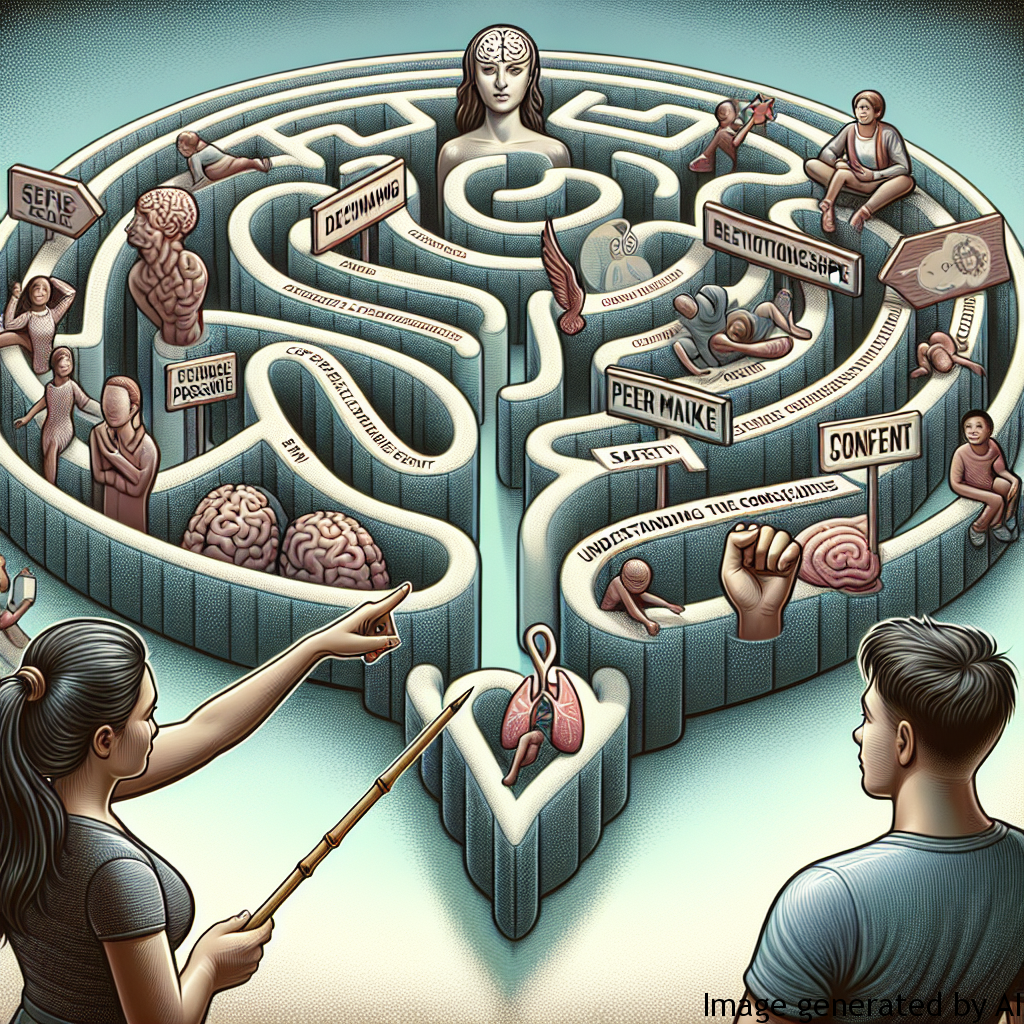Introduction
Sex education is a crucial aspect of personal development and public health. It isn’t just about teaching the biological aspects of reproduction, but also about providing a comprehensive understanding of relationships, emotions, consent and self-respect. Among these, acknowledging the psychological aspects, such as the impact of gender expectations on mental health, is crucial. Unless we acknowledge the psychological implications of sex education, its aim to cultivate responsible and mature sexual behavior is incomplete.
Description of Gender Expectations and Their Impacts on Men’s Psychological Health
Gender expectations have been historically emphasized, often to the detriment of individuals who cannot or do not conform. These expectations are shaped by societal norms and cultural beliefs and can have significant implications for psychological health. Stereotypically, men are expected to be strong, assertive and emotionally stoic. Such expectations can lead to mental health issues like stress, depression, and anxiety when men feel that they cannot meet these standards.
Repression of Emotions
One of the common gender expectations imposed on men is the inaccurate stereotype that “real men don’t cry.” This negation of emotional expression can lead to emotional repression, which is linked to depression, isolation and self-destructive behaviors.
Masculine Norms and Mental Health
Rigid masculine norms about being tough, independent, and unemotional can lead to reluctance in seeking help for mental health issues, thus amplifying their negative impact.
Examples of how Gender Roles Can Influence Men’s Lives
Gender roles can impact every aspect of a man’s life, from personal relationships to career choices and mental health:
Career Choices: Men might feel pressured to pursue “manly” careers that align with traditional notions of masculinity, thus ignoring their personal interests and skills.
Personal Relationships: Imposed masculinity norms might make men feel they need to suppress their emotions leading to difficulty in establishing deep, meaningful relationships.
Physical Health: The stereotype that men are indestructible might also lead to negligence of physical health issues, creating long-term health problems.
Tips for Improving Psychological Health Considering Gender Roles
Understanding that these gender norms are socially constructed, not inherent, can pave the way towards healthier psychological well-being. Here are some tips:
Embrace Vulnerability: Men should be encouraged to express feelings and connect deeply with others.
Seek Help When Needed: Encouraging men to seek professional mental health help when needed can be a huge shift towards better mental health.
Follow Personal Interest: Men should be encouraged to pursue careers based on their interest & abilities, not based on what’s considered a ‘man’s job’.
Conclusion
In a comprehensive sex education, understanding the psychological aspect is crucial. Dispelling gender roles and stereotypes can not only improve individuals’ mental health but can also lead to healthier relationships and a more empathetic society. Let us aim for a society where each individual can freely express their sexuality and emotions without fear of judgment or backlash.

